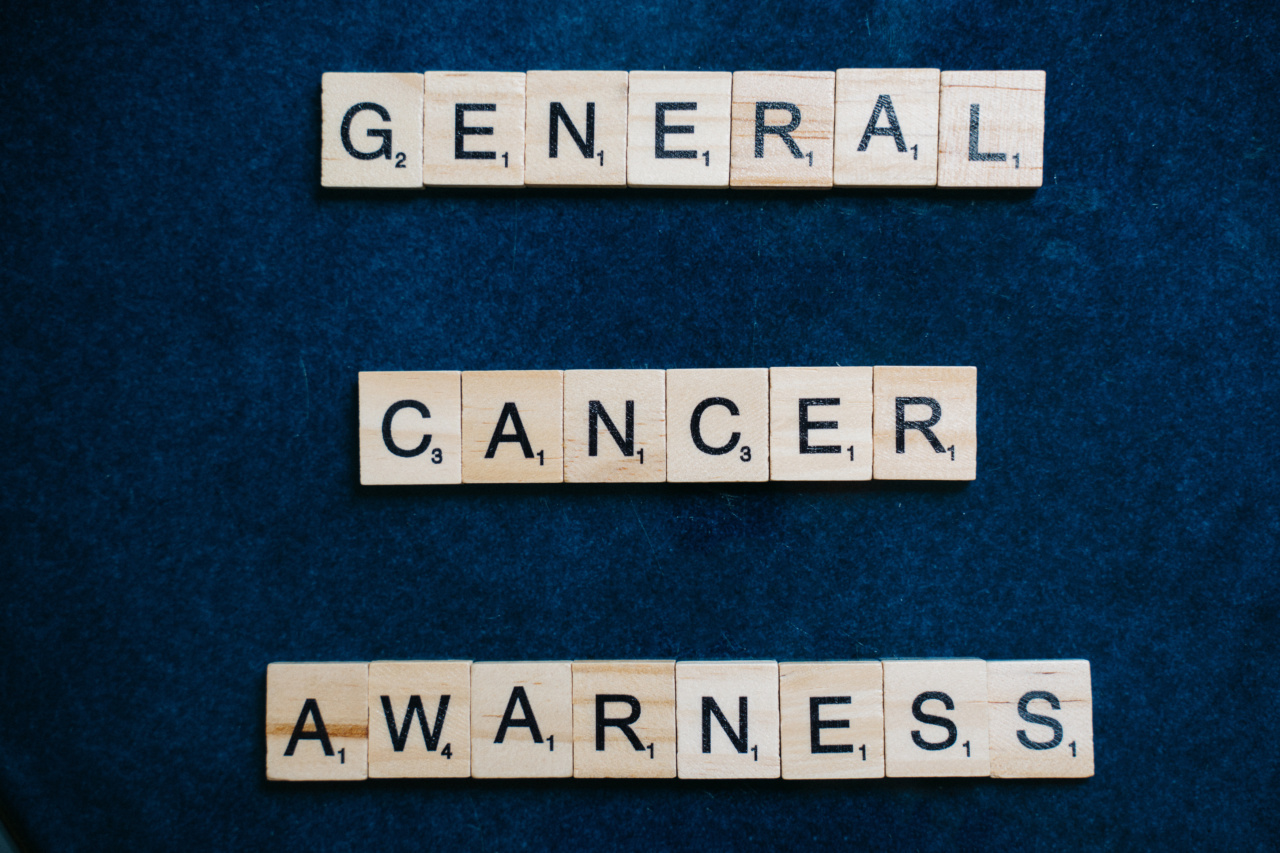In a recent announcement, the US Cancer Organization has confirmed that aspartame, an artificial sweetener commonly used in various food and beverage products, does not pose a risk of cancer.
This declaration marks a significant development, as debates and concerns about the potential health effects of aspartame have persisted for years.
The Controversy Surrounding Aspartame
Aspartame is a low-calorie sugar substitute primarily used to sweeten diet sodas, chewing gum, and other processed foods.
Since its approval by the US Food and Drug Administration (FDA) in 1981, concerns about its safety have been raised on multiple occasions.
Various studies and reports have suggested that aspartame consumption could be linked to an increased risk of cancer, including various types such as brain tumors and lymphoma.
However, the scientific evidence supporting these claims has been limited and inconsistent.
A Comprehensive Review by the US Cancer Organization
In an effort to settle the ongoing controversy, the US Cancer Organization conducted a rigorous review of all available scientific literature and evidence related to aspartame and cancer.
A team of expert researchers thoroughly analyzed data from human and animal studies, as well as comprehensive risk assessments conducted by regulatory authorities worldwide.
The findings of this comprehensive review were clear: there is no substantial evidence to support claims that aspartame increases the risk of cancer in humans.
The US Cancer Organization has now officially declared that aspartame is cleared of any cancer risk.
Expert Opinions Back the Decision
Leading experts in the fields of oncology, nutrition, and toxicology have expressed their support for the US Cancer Organization’s declaration. Dr.
Jane Wilson, a renowned oncologist and member of the organization’s Scientific Advisory Board, stated, “Based on the available scientific evidence, we can confidently say that aspartame does not promote the development of cancer.”.
Dr. Wilson further explained that the doses of aspartame typically consumed through food and beverages are well below the levels tested in studies that reported adverse effects.
She emphasized that the extensive research conducted over the years provides a solid foundation for the organization’s conclusion.
Regulatory Authorities around the Globe Align
The US Cancer Organization’s announcement not only strengthens the trust in aspartame’s safety but also aligns with the conclusions of numerous regulatory authorities worldwide.
The European Food Safety Authority (EFSA), Health Canada, and the World Health Organization (WHO) have all evaluated the scientific evidence on aspartame and consistently concluded that it does not pose a significant risk to human health.
These authorities have established acceptable daily intake levels for aspartame, ensuring its safe consumption within recommended limits.
The Importance of Accurate Consumer Information
Despite the consensus among experts and regulatory bodies, misconceptions and concerns about aspartame persist among some individuals.
This emphasizes the vital role of accurate and transparent information regarding food additives and their potential health effects.
The US Cancer Organization aims to address this issue by disseminating information based on scientific evidence. Their goal is to provide consumers with reliable facts and dispel unfounded fears surrounding aspartame and cancer.
Safe Use of Aspartame in Moderation
While the US Cancer Organization’s declaration clears aspartame of any cancer risk, it is essential to note that like any food additive, moderation is key.
As with all aspects of a balanced diet, maintaining a sensible intake of aspartame is recommended.
Individuals with specific health conditions, such as phenylketonuria (PKU), a rare genetic disorder, should consult with healthcare professionals regarding their dietary requirements.
However, the vast majority of the population can enjoy products containing aspartame without concern for an increased risk of cancer.
Future Research and Continued Monitoring
The US Cancer Organization’s reassurance regarding aspartame’s safety does not signify the end of research and monitoring.
As with any food additive, ongoing scientific studies are necessary to ensure a comprehensive understanding of its long-term effects.
Researchers and regulatory authorities will continue to monitor and evaluate new evidence to ensure that the consumption of aspartame remains safe. As science evolves, any new findings will be promptly incorporated into the existing knowledgebase.
Conclusion
The conclusion reached by the US Cancer Organization, supported by expert opinions and aligning with global regulatory authorities, provides consumers with reassurance regarding the safety of aspartame.
Based on the available scientific evidence, there is no substantial concern for an increased risk of cancer associated with aspartame consumption.






























